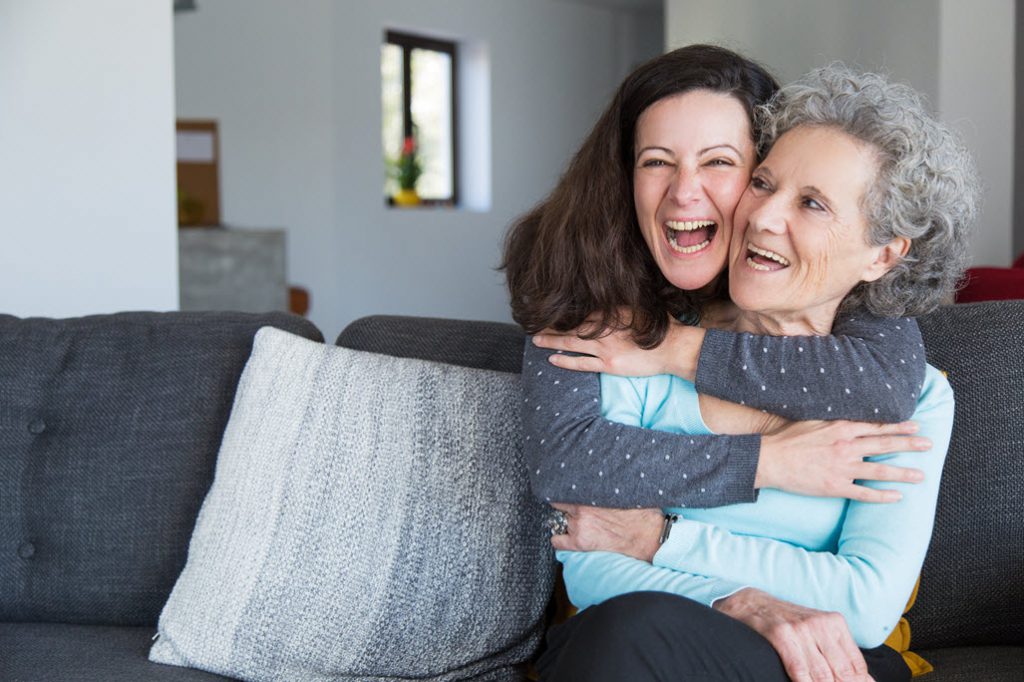Lifestyle

Social media has connected the world like never before. Users are able to enjoy direct access to world events and local happenings, as well as gain a snapshot of the lives of their friends, family members and celebrities. And all in real-time.
But there is a dark side to this ever-connected digital world, with research suggesting that there is a link between social media and mental health issues like depression and anxiety.
Recent studies indicate that the more platforms we use, the more likely we are to develop mental illness conditions. A national study in the US showed that up to three times as many young adults could develop these conditions if they were using more social media platforms, compared to those that use the least.
Lead author of this study, Professor Brian Primack, said there was a scientific connection between multitasking multiple social media platforms to mood, attention spans and cognition.
But there are also a raft of social issues that can impact young adults as well—including keeping up with perceived appearances or going “viral” for the wrong reasons.
Research, including a study conducted by the University of Michigan, has suggested that social media can be a catalyst for making existing mental health issues worse, rather than being a direct cause.
This is especially true of the more image-driven platforms like Instagram and Snapchat. This is because users are more likely to develop depression and anxiety over feelings of being left out, left behind or even bullied.
It is something that these platforms acknowledge, with Instagram head of policy Michelle Napchan saying that keeping their social media platform ‘safe and supportive’ was their top priority.
“That’s why we work in partnership with experts to give people the tools and information they need while using the app—including how to report content, get support for a friend they are worried about or directly contact an expert to ask for advice on an issue they may be struggling with,” she said.
Other social media platforms, like Facebook and Twitter, are more known for their newsfeeds. Recently, it has been indicated in studies that a constant stream of negative content can be detrimental towards mental health.
While physical technology—like smartphones, tablets and wearable devices—continues to soar, there is innovation in development that could assist in identifying those with depression and allow professionals to intervene.
This innovation could prove to be vital, with Black Dog Institute research showing that 35 per cent of Australians with a mental illness don’t seek help, and a further 60 per cent don’t have access to treatment at all.
Australian Professor Helen Christensen is the director and chief scientist at the Black Dog Institute, which has been working to reduce mental illness and its stigma since 1995.
Its research group—Digital Dog—is working on a raft of groundbreaking studies, including the We Feel project, which is designed to monitor the ‘pulse’ of emotions on social media.
This research is paving the way for algorithms and technology that can potentially manage mental health risk on social media. Professor Christensen is hopeful that the team will ultimately be able to detect emotional fluctuations in individuals and be able to take action.
“We want to know how we can stop people from being at high risk of suicide, so we can intervene,” she said. “But it’s harder at an individual level to pick up a digital footprint that means something. And that’s the excitement of where we’re going now.”
While there are links between social media use and mental health problems, it is important to remember that platforms like Facebook are just an extension of a person’s offline life.
Black Dog Institute research fellow Bridianne O’Dea said that the disintegration of friendships and relationships were a normal part of human life. Consequently, these breakdowns are likely to happen on social media as well.
“We have to remember that a lot of what happens online does mirror offline and the discontinuation of friendships is a very normal part of human interaction,” she said.
“People will often separate or end their friendship and so you would expect some of that to occur on Facebook.”
O’Dea said strong family support networks are the most effective way to combat the negative influences of social media, just as these networks provide solace in the offline world.
“Even though we do have these new ways of communicating and staying connected, at the end of the day, a very traditional psychological construct, like family support, comes out on top.
“I think what we have to remember is that humans are an inherently social species. That is how we generate, it’s how we live. We are also in family units and different technologies won’t degrade that at the rate that some people think it will.”
If social media is having a negative effect on your well-being, we encourage you to seek support and professional assistance.
Visit your GP to start the conversation about your mental health. There are also many Australian support networks you can call, where you can remain anonymous including;
Lifeline Crisis Support and Suicide Prevention: 13 11 14
Beyond Blue: 1300 224 636